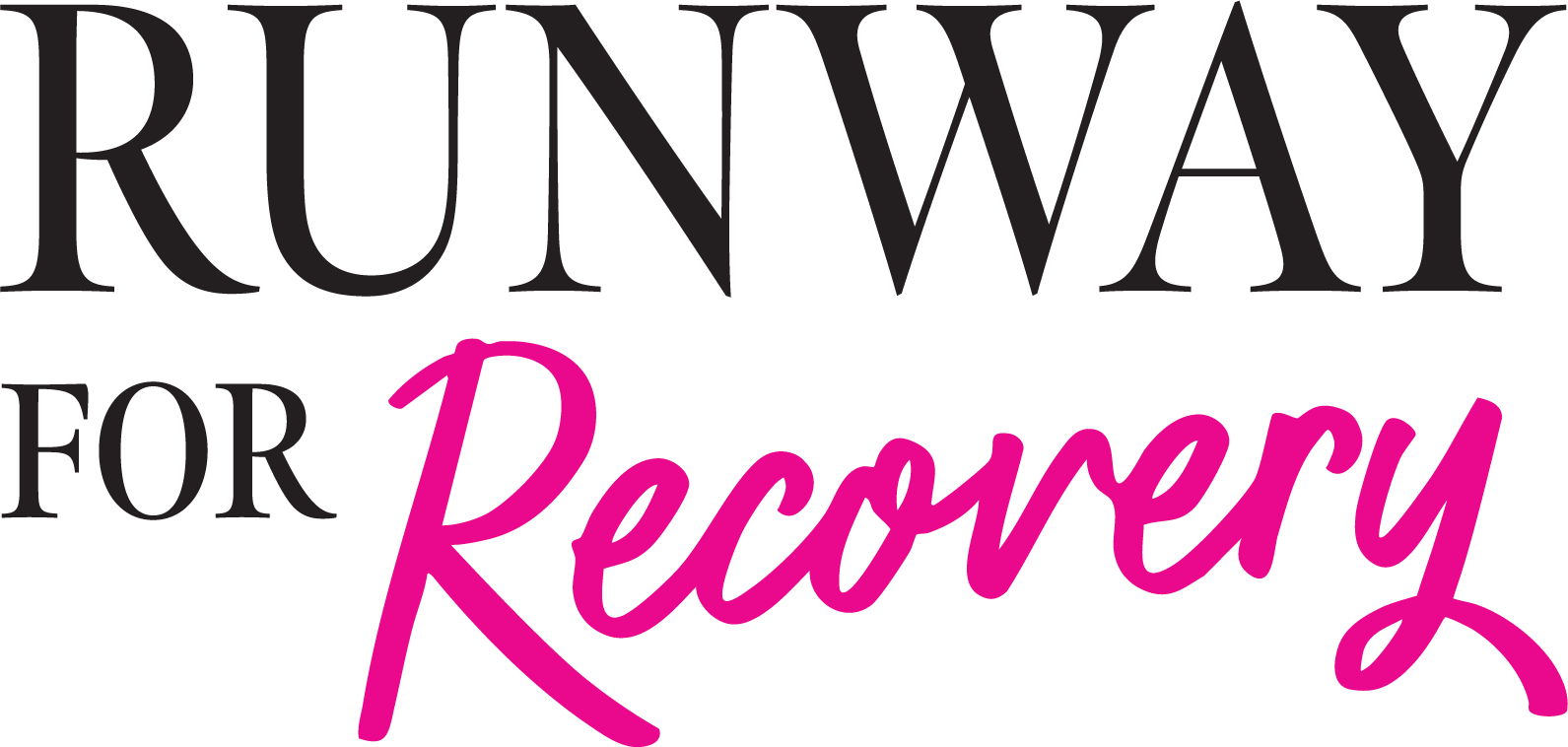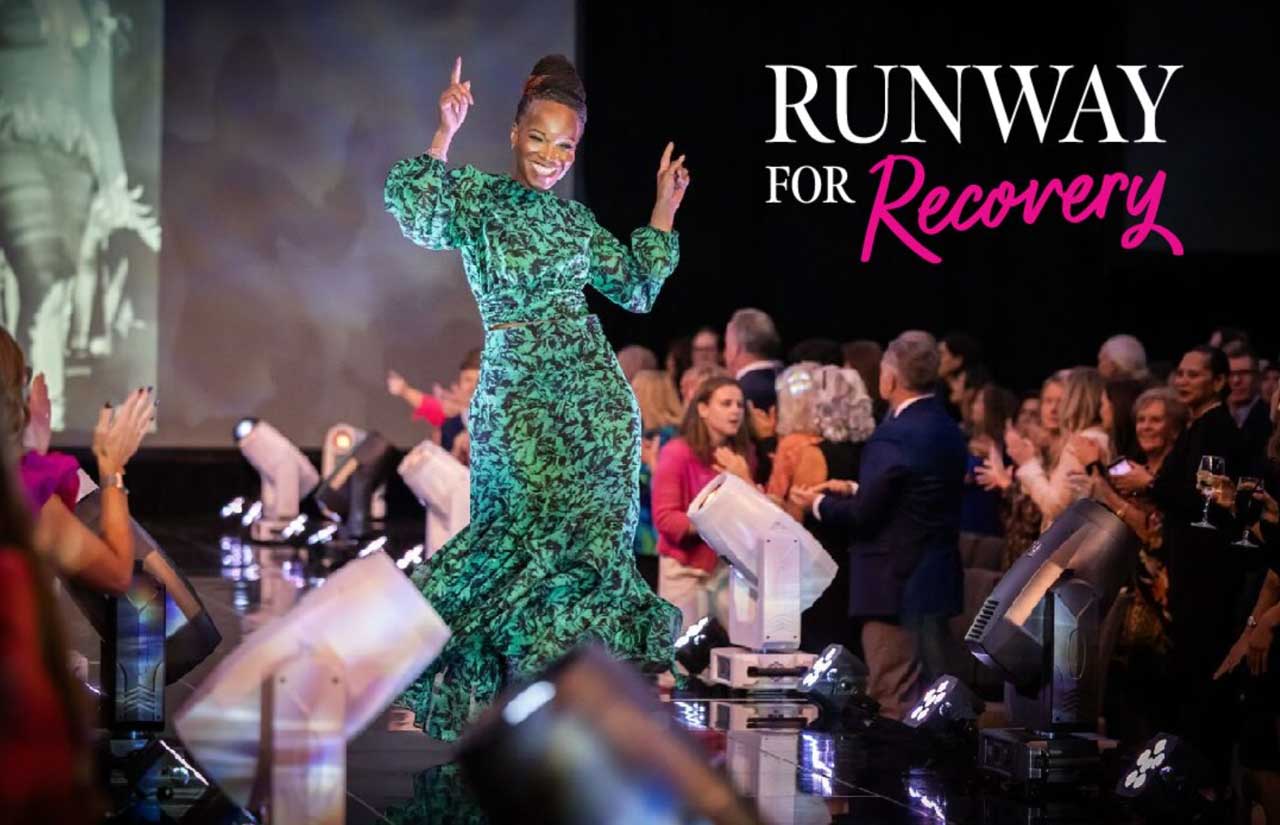Meet the Models: Sabine Manoli
Sabine Manoli has been a breast surgeon her entire life. It’s fair to say she has an extensive and unique view behind the curtain of all things breast cancer and treatments. She herself began mammograms at the age of 35, due to heavy family history. Nearly ever female on her father’s side of the family has had breast cancer and it made the yearly tests nerve-wracking. For ten years she was in the clear, so ironically, at 45, she wasn’t nervous for her yearly check up. It would be the year she got the dreaded call- she had breast cancer: “it feels so silly to be blindsided with such an extensive family history, but for ten years I was fine, so I convinced myself I inherited my mom’s side of the family genes.”
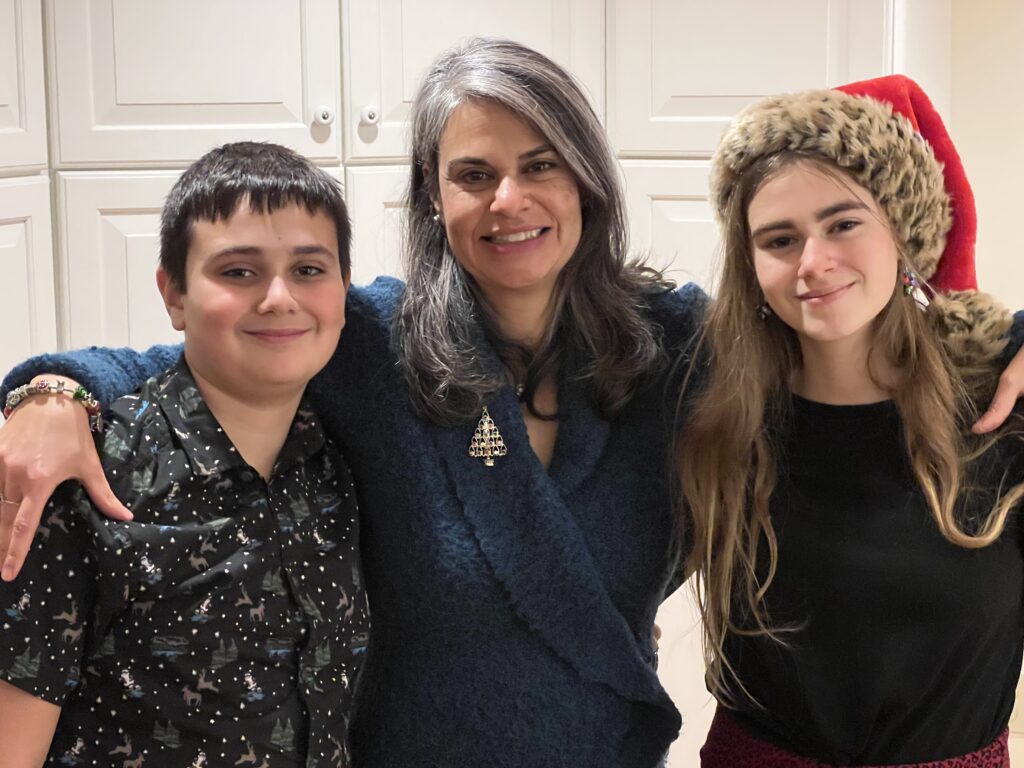
Genetic testing revealed she was positive for TK11 (which puts her at risk for a myriad of cancers) and with an 8 year old daughter and 11 year old son at home, Sabine’s main priority was being there to see them grow up. She opted for a double mastectomy and reconstruction to avoid ever having to face a breast cancer diagnosis again. While many may think being a breast surgeon would make her decisions on treatment easier, Sabine notes, “it’s actually not a good thing to know so much about it. It made it harder/trickier to navigate.” Nonetheless she forged on, despite complications post reconstruction. Multiple surgeries resulted in lots of wounds, dressings and more: “you know as a surgeon that wounds heal, but as a woman, you have a hard time looking in the mirror and seeing past what is staring at you.”
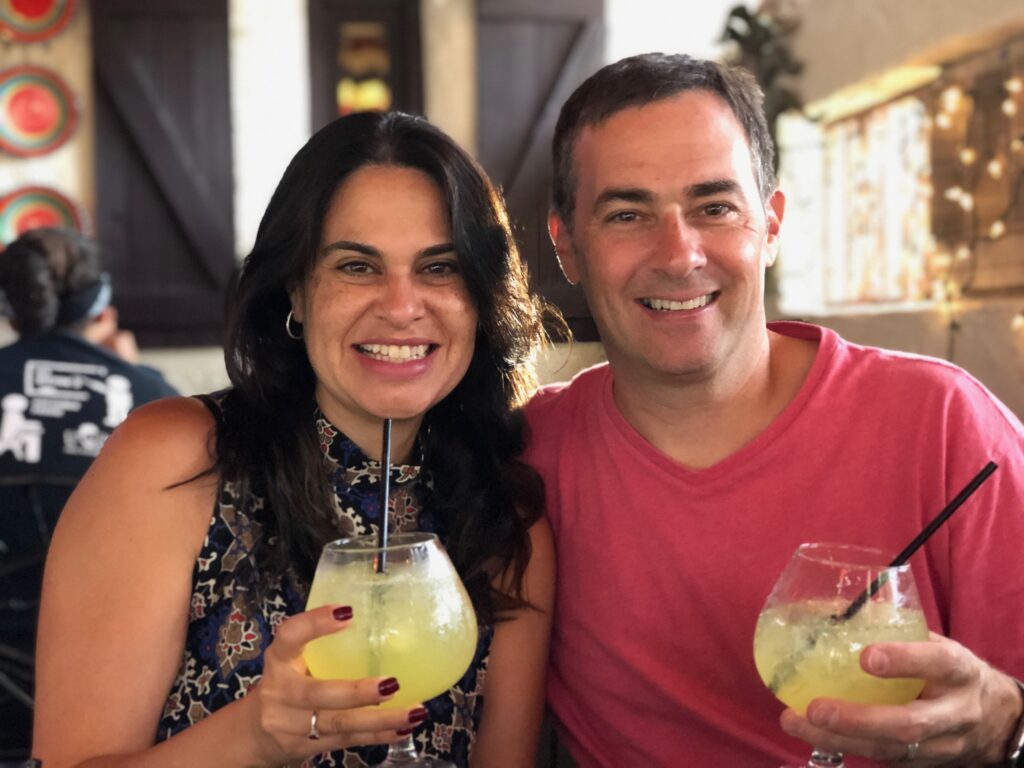
Of chief hardship was the fact that Sabine was out of work for nearly a year. On top of that, with her range of motion limited post surgery, she was nervous she would never be able to return to what she once loved doing. Of this time she says, “To be out for that long. it was so hard. In all, to not feel attractive, like a woman, and to not be working, it was really really hard.”
Eventually she did return to work and has been able to regain her motion nearly completely. Her experience has given her an entire new perspective and empathy with patients: “I love being able to make people better. It’s why I picked surgery. I gravitated to female care because I liked taking care of women. I was nervous that it would be a constant reminder, but it’s actually been great. Now it is such a passion to make their life easier/better or listen/support. I am giving back in my own way. I love my job more than I ever did.”
Though she feels gratitude to be able to be back at work and continuing being a mother, the effects of surgery put her in a negative head space. In a somewhat random move, Sabine took up running to cope: “that first run, it just made me feel alive. So I continued doing it and it saved me and got me out of that really dark place.” She also took further steps towards controlling her health, including eliminating as many toxins as possible. She no longer gets her nails done, nor does she dye her hair: “I am not even 50, but yes I am grey. I want to be comfortable with myself and content and if you don’t like it, look away. The things I used to think important are just so trivial now.” Indeed, Sabine notes all she truly cares about now is her health, her family and her happiness.
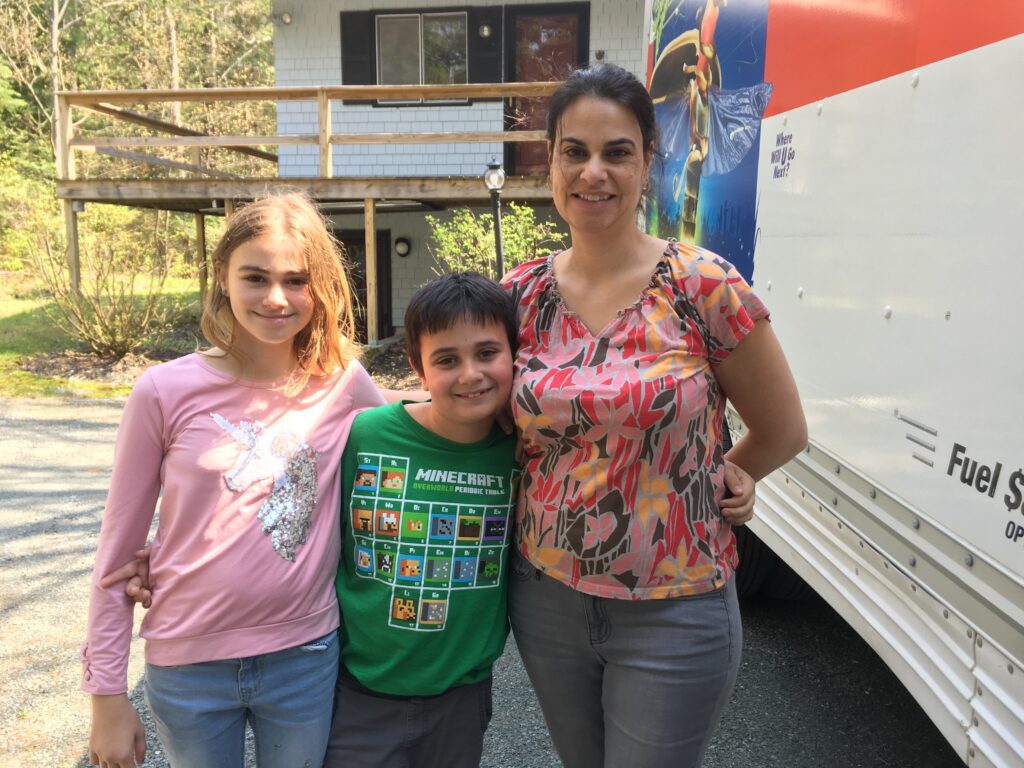
For those newly diagnosed, and who happen not to be a well trained breast surgeon, her advice is simple: “knowledge is power, so ask as many questions as you want. The more you understand, the easier it makes the steps you have to go through.”
